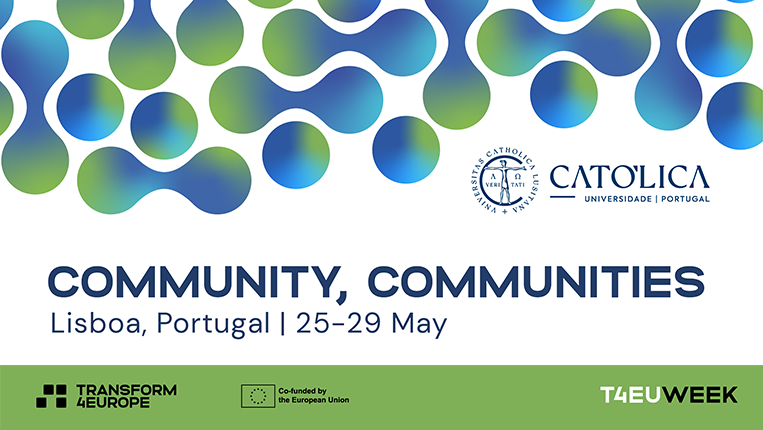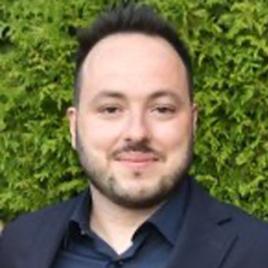Objectives and competences
We can consider two fundamental contents to be developed in this course:
- Basic Immunology
- Immunopathology
After teaching, students are expected to be able to describe:
- the constituents of the immune system and its functions;
- the mechanisms of the immune response and its regulation
- the cellular interaction in the immune and inflammatory response;
- the ontogeny of T and B lymphocytes;
- the mechanisms of tolerance
- Immunopathology in particular in response to infection and hypersensitivity reactions
In practical classes it is intended that students apply the knowledge of theoretical classes and can understand the principles and apply different immunological techniques used in diagnosis. In tutorial classes, students apply theoretical concepts applied to current topics involving immunology in an integrated way (eg: immune response in Covid19 and the role of probiotics in the immune response.
Results expected:
At the end it is intended to enable students to understand:
- The basic components and functions of the immune system
- The principles of innate response and mechanisms of action
- Immunoglobulin structures and basis of antibody diversity; mechanisms of maturation, activation and differentiation of B lymphocytes in antibody-mediated immune responses
- Structure and function of T lymphocytes, mechanisms of maturation, activation and their differentiation in cell-mediated immune responses.
- The role of the immune system in maintaining health and in the etiology of disease, namely the immune response to infection, hypersensitivity reactions and the resulting pathologies.
- The main immunological reactions and techniques used in the diagnosis
Teaching Methodologies
In each lecture the teacher frames the topic with brief reference to the contents previously taught for positioning the student, and during the exposition illustrative examples to promote understanding are used and the available time is open to the discussion the topic presented. In class ppt presentations with illustrative images and schemes and videos are used.
The practical and tutorial allows them to apply and consolidate the theoretical knowledge and explore immunological techniques involving reactions and concepts of immunological mechanisms.
Syllabus
Lectures
- Introduction-Immune response and respective concept
- Nonspecific immunity
- Specific immunity
- Antigens- immunogenicity and antigenic processing
- Major Histocompatibility Complex
- Immune tolerance
- B-lymphocytes ontogeny and antibody synthesis.
- T-lymphocytes ontogeny, antigen recognition and role in immunoregulation.
- Regulation of the immune response
- Immunity and infection - immune response, escape mechanisms, immunopathology
- Type I, II, II and IV immunological hypersensitivity reactions.
- Autoimmunity
Practical:
Immunological techniques.
- Immunomagnetic separation
- Immunofixation
- Immunofluorescence
- Reactions of agglutination
- ELISA
Tutorial:
- Elisa in a virtual laboratory
Presentation of themes:
- Immune response to SARS-CoV-2
The role of probiotics in the immune response
- Probiotics and autoimmune diseases
- Probiotics in the prevention of allergies
- Anticancer effects of probiotics
- Probiotics in the protection of pathogens






